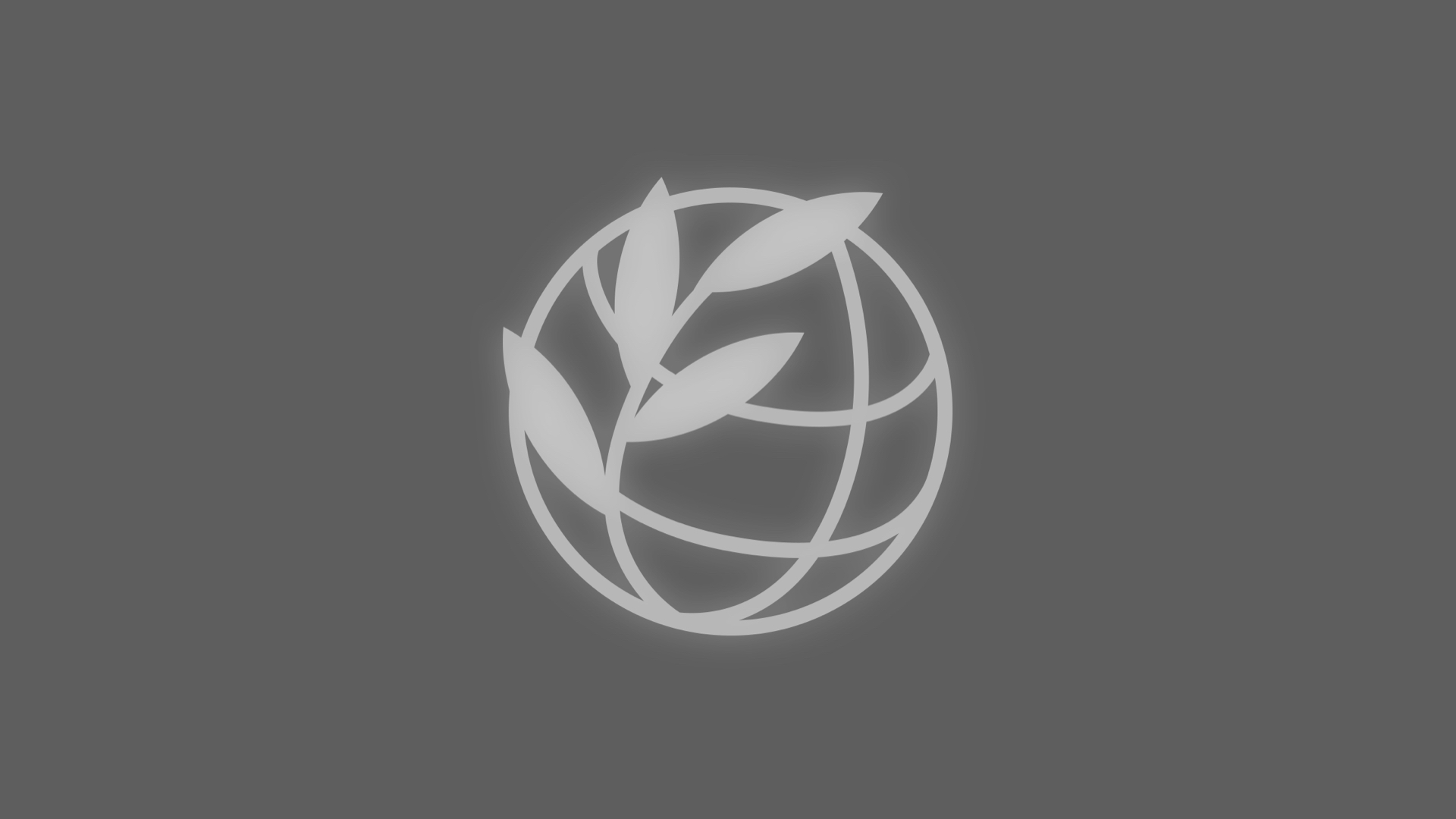A Recap of Facebook’s Year as Chair of the Global Internet Forum to Counter Terrorism
In the summer of 2017, Facebook, Microsoft, Twitter and YouTube came together to form the Global Internet Forum to Counter Terrorism (GIFCT). Since then, the organization has grown, with nine technology companies working together to disrupt terrorists’ and violent extremists’ abilities to promote themselves, share propaganda and exploit digital platforms to glorify real-world acts of violence. This year, we made significant progress in our work, but we also faced new challenges. New threats emerged in how terrorists and violent extremists seek to exploit and abuse digital platforms, and we adapted our efforts to combat and prevent them.
Focusing on Collaboration
We’ve made progress in large part by working together as a collective of technology companies, but we’ve also partnered with experts in government, civil society and academia who share our goal. For example, by working with the UN CTED mandated NGO, Tech Against Terrorism, GIFCT has brought over 140 tech companies, 40 NGOs and 15 government bodies together in workshops across the world to date. This year, we held four workshops – in the US, Jordan, India and the UK – to discuss and study the latest trends in terrorist and violent extremist activity online.
These collaborations are vital to GIFCT’s mission. That’s why we announced at the United Nations General Assembly in September that GIFCT would become an independent organization in order to put collaborations across tech, civil society, government and academia at the center of GIFCT’s work. GIFCT is now established as an independent 501c3 based in the US, and we are officially seeking an experienced Executive Director to build on the consortium’s early achievements and lead the independent GIFCT into the next decade.
Responding to Terrorist and Violent Extremist Events
It’s been an important year for GIFCT and efforts to combat abuse of our platforms. The abuse of social media to glorify the horrific terrorist attack in Christchurch, New Zealand demonstrated the need for greater collaboration to respond to mass violence in order to curb the spread of violent extremist content. Since the Christchurch Call to Action was signed in May 2019, GIFCT has worked to implement the nine-point plan to prevent terrorist exploitation of the internet while respecting human rights and freedom of speech.
As part of this plan, GIFCT developed the Content Incident Protocol to respond to emerging and active terrorist or violent extremist events and assess for any potential online content produced and disseminated by those responsible for or aiding in the attack. Since the attack in Christchurch, GIFCT member companies have developed, refined and tested the protocol through workshops with Europol and the New Zealand Government. To date, we’ve initiated the CIP assessment process more than 35 times in response to terrorist and violent extremist events across the world. The first CIP was activated on October 9, following the shooting in Halle, Germany when the perpetrator filmed his attack and copies of the original livestream circulated on non-GIFCT member platforms. Ultimately, GIFCT shared hashes, or digital fingerprints, related to 36 visually-distinct videos from the attack so that member companies could quickly detect and remove any instances of the content on their respective platforms.
Developing Resources to Further Our Work
At GIFCT’s Annual Summit in July we released our first ever transparency report and launched a cross-platform Campaign Toolkit for activists and practitioners. We also reached our 2019 goal to contribute over 200,000 hashes, or digital fingerprints, of known terrorist images and video propaganda to our shared industry database allowing us to safely share this content so member companies can quickly identify and take action on potential terrorist content on their respective platforms.
Supporting Research and Knowledge Sharing
Conducting and funding research to study counterterrorism and terrorism is a critical part of our work and was a key focus this year. In 2019, we supported the first phase of the GIFCT Academic Research Network, the Global Research Network on Terrorism and Technology. This phase was led by the Royal United Services Institute and produced 13 original independent research papers looking at different aspects of terrorism. We also announced that phase 2 of the Academic Research Network, the Global Network on Extremism and Technology, will begin in January 2020 and will be led by the International Centre for the Study of Radicalisation.
What’s Next
Facebook’s chair of GIFCT this year brought important milestones for the organization and we remain dedicated to supporting this work as GIFCT is established as a standalone organization with an independent Executive Director and staff. In 2020, Microsoft will assume the chair of the independent GIFCT’s Operating Board, within the new governance framework of the institution. In addition to the Executive Director and staff, GIFCT’s structure will include an Independent Advisory Council composed of government representatives and civil society members, including advocacy groups, human rights specialists, researchers and technical experts, and a series of Working Groups designed to allow a wide range of stakeholders to deep-dive on key issues.
As GIFCT enters a new phase, we are proud of what has been accomplished and excited about next steps. We thank all of our partners for their work to date, and we’ll continue to collaborate with a range of experts to improve our collective ability to prevent terrorists and violent extremists from exploiting digital platforms.
